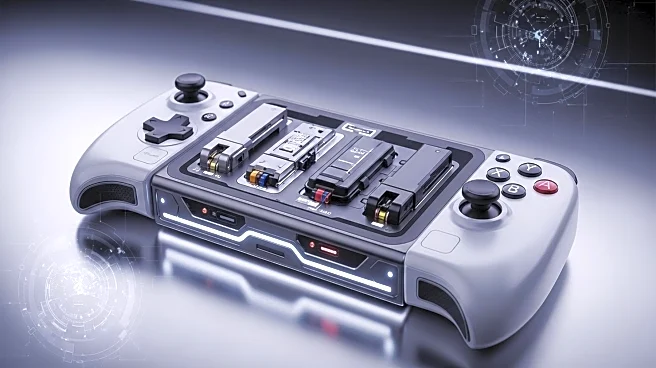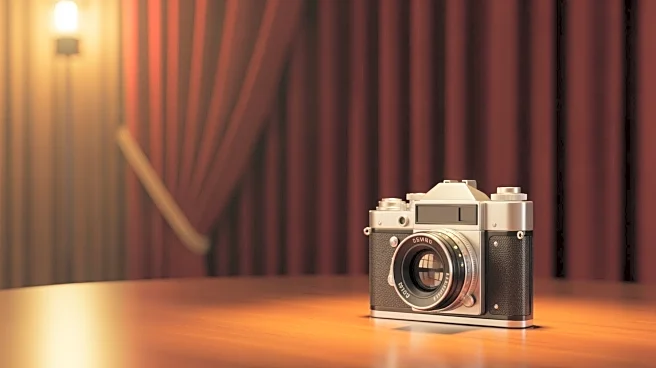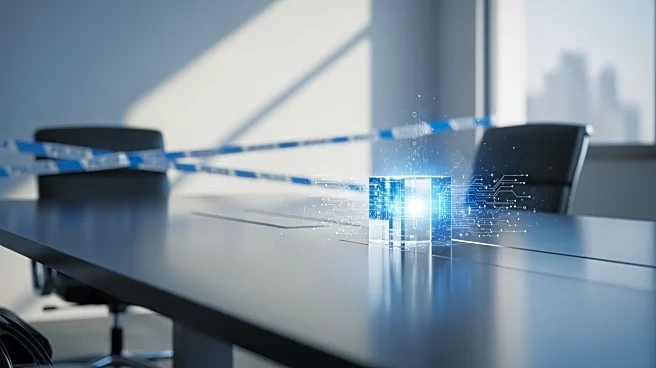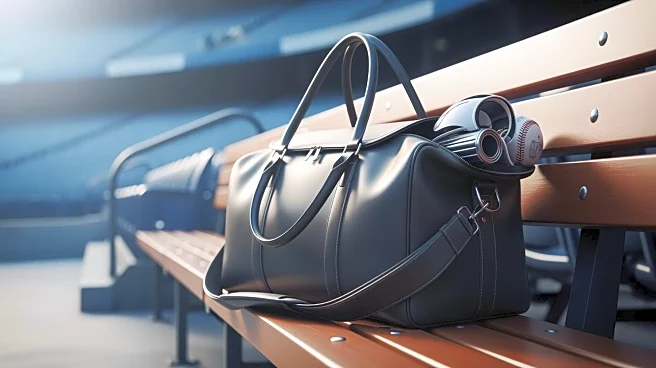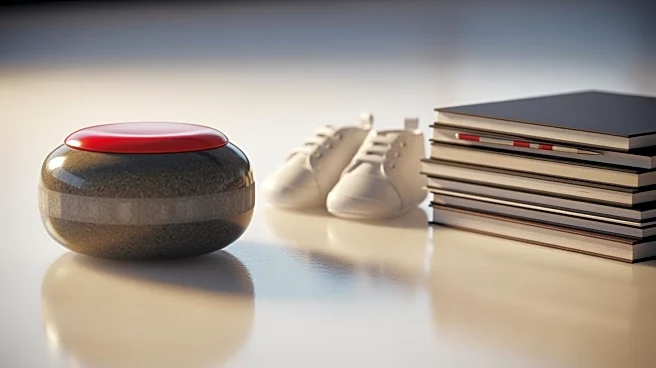What's Happening?
Nintendo is involved in a patent lawsuit against Pocketpair, the developer of Palworld, arguing that mods do not qualify as prior art in patent claims. Pocketpair's defense includes presenting mods like Pocket Souls for Dark Souls 3 as prior art to invalidate Nintendo's patent claims. This legal stance by Nintendo could potentially undermine the creativity and rights of modders, as it suggests that mods are not considered 'real games' and therefore cannot be used to challenge patent claims.
Why It's Important?
The outcome of this lawsuit could have significant implications for the gaming industry, particularly for modders and developers. If Nintendo's argument is accepted, it could set a precedent that allows companies to patent gameplay mechanics inspired by mods and potentially take legal action against mod creators. This could stifle innovation and creativity within the modding community, impacting the development of new gaming experiences and the rights of independent creators.
What's Next?
The Tokyo District Court's decision will be crucial in determining the future of modders' rights in Japan and potentially influence global patent law practices in the gaming industry. Stakeholders, including modders, developers, and legal experts, are likely to closely monitor the case for its implications on intellectual property rights and the balance between corporate interests and creative freedom.
Beyond the Headlines
This case highlights the ongoing tension between large gaming corporations and independent creators over intellectual property rights. It raises ethical questions about the ownership of creative ideas and the role of mods in the gaming ecosystem. The legal battle could lead to broader discussions on how to protect the rights of modders while allowing companies to safeguard their intellectual property.
